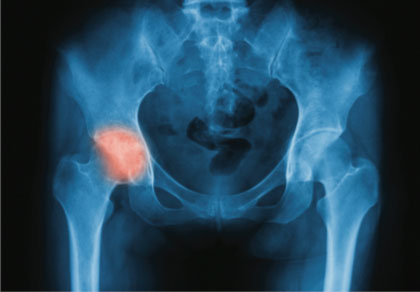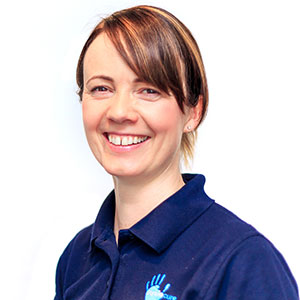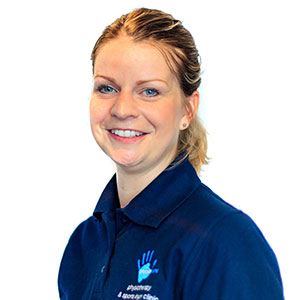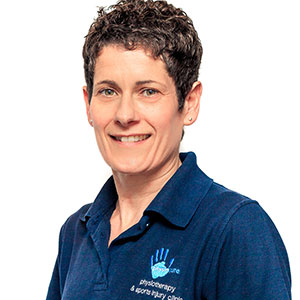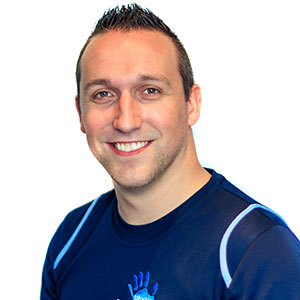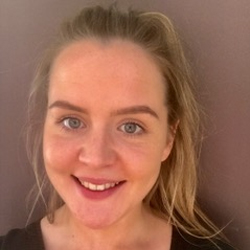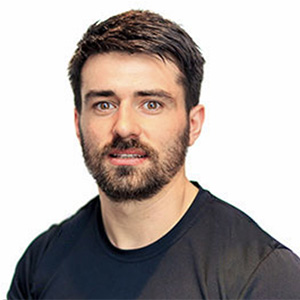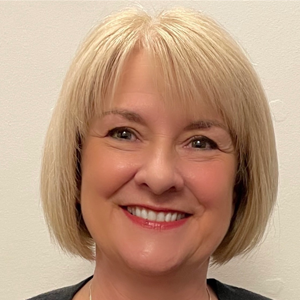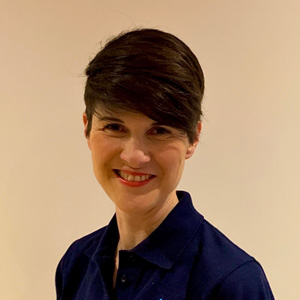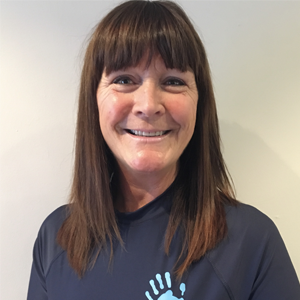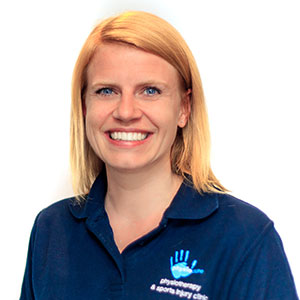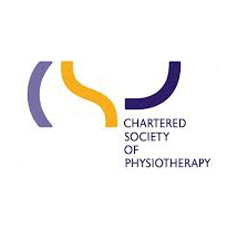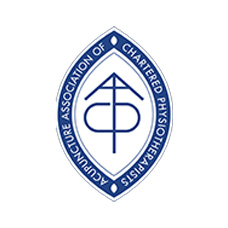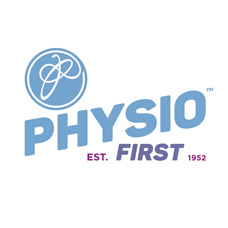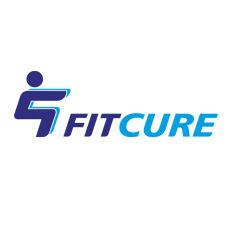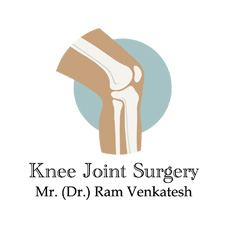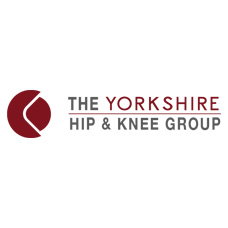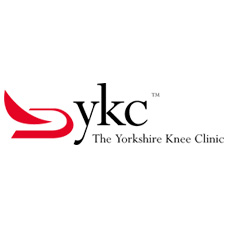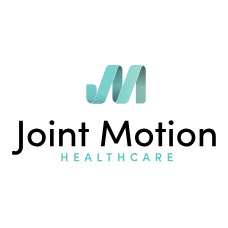Physiotherapy
Physiotherapy is the assessment and treatment of problems and injuries that affect muscles, joints, nerves and soft tissues.
Chartered Physiotherapy is based on, and committed to, the application of evidence based practice. It uses a physical approach to promote, restore and maintain wellbeing.
Physiotherapy can be effective in the treatment of

- Neck and Back pain (slipped discs, trapped nerves, muscle strains, sciatica)
- Sports Injuries and Rehabilitation (ligament, tendon, muscle and cartilage injuries and postoperative care following surgery)
- Muscle Imbalance
- Joint problems (Osteoarthritis and rheumatoid arthritis)
- Whiplash and Headaches
- Postural problems
- Tendonitis and RSI (Repetitive Strain Injury)
- Postoperative rehabilitation following joint replacement, joint arthroscopy, muscle and tendon repairs, spinal surgery and ligament reconstruction.
If you are not sure whether Physiotherapy is appropriate for your condition, call or email us for advice.
Know your Physiotherapist!
Useful questions you may wish to ask when looking for a physiotherapist:
Are they Chartered (MCSP) and a member of the Health and Care Professions Council (HCPC)?
The government has produced a register to regulate health professions and check qualifications. It is now unlawful for someone to call themselves a physiotherapist and not be on the register, to check if your physio is registered log onto www.hpcuk.org or phone 020 7582 0866.
How long have they been qualified?

It takes three years of study at either a university or physiotherapy school, combined with supervised hospital placements to gain the basic degree (or Grad.Dip.Phys) qualification. After qualifying, many physiotherapists chose to work in the NHS in graded positions for a few years, taking additional postgraduate qualifications in their chosen speciality.
Do they offer acupuncture treatment?
After doing their acupuncture training, some physiotherapists chose to join the 'AACP' The Acupuncture Association of Physiotherapists. To be on this register, the physiotherapist has to continue to do regular training courses in acupuncture.
Do they participate in 'CPD' continued professional development?
This is encouraged in a lot of professions now, in order to learn new skills, keep abreast of new research and reflect on current practice.

